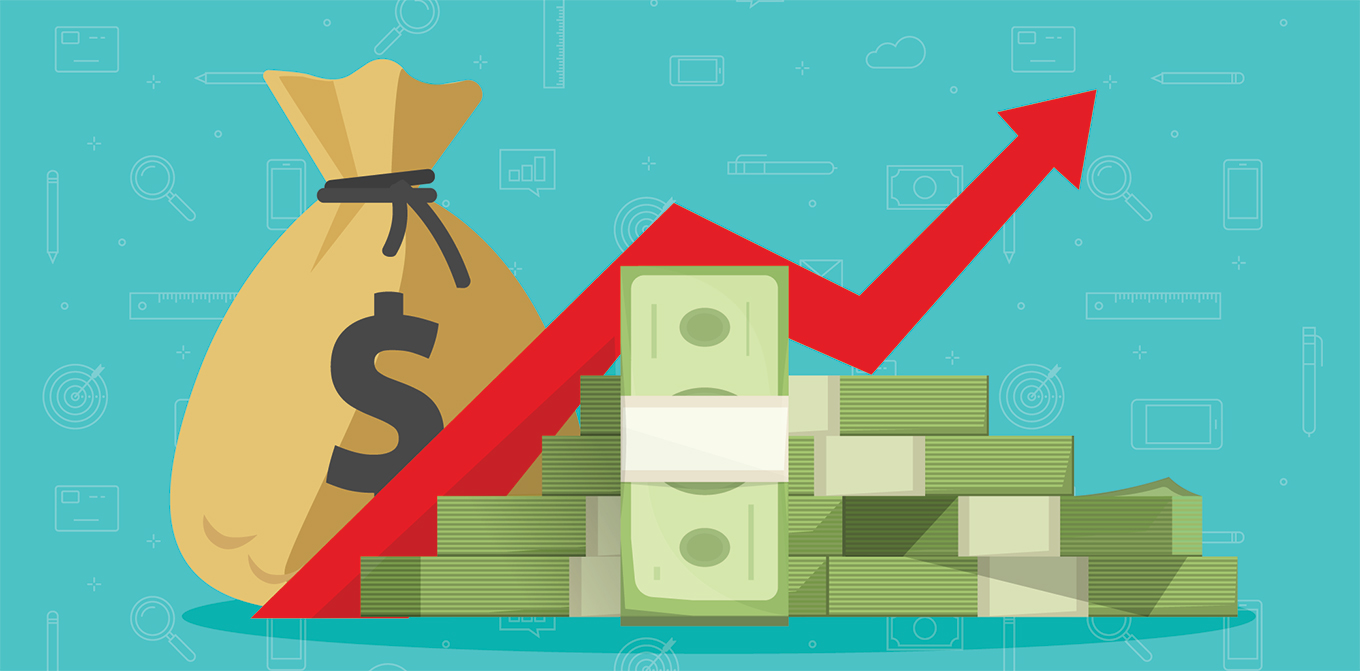3 Safe Short-Term Investment Options
You've done the work of saving money for a trip or a big purchase, but it's not time to spend it yet. What's the best short-term investment for that money? It can feel like a challenging question. Savings accounts are secure but may not offer the best return available, and the stock market has the potential to deliver gains but also losses. Other options like an IRA offer good returns for long-term investments but charge hefty penalties for early withdrawals.
The good news is you have choices when it comes to short-term investments. These three options carry no risk, offer higher returns than a traditional savings account, and let you access your money relatively quickly when you need it.
How to Think About Short-Term Investments
Investing is all about balancing risk, reward, and time. Some short-term investments, like purchasing individual stocks, offer high risks and high rewards. You could see big returns or your investment shrink.
Long-term investments generally balance this risk by spreading it out across years or decades; 401(k) accounts are a good example of this. They can gain or lose value month to month based on how the stocks, bonds, or investments in their portfolio perform. Keeping your money invested longer means that there's plenty of time for your funds to recover from a bad month, lowering—but not eliminating—your risk.
Short-term is a relative term. Here, it refers to an investment you can redeem without a penalty in five years or less.
The short-term investments discussed here won't make you rich overnight or put you in danger of losing your hard-earned money. They can be a great way to sock money away for a goal that's a few months or a few years in the future, like a new car, couch, or computer.
Money Market Accounts
Money market accounts are the most flexible investment option as they don't require you to park your money for a set period. However, they also offer the least return.
Money markets are like savings accounts with a few strings attached. In return for accepting those rules, the bank offers a higher interest rate than a traditional savings account.
Like a savings account, you can access your money at any time. However, you may need to pay a penalty if you make over a certain number of withdrawals from your account or if your account balance falls below a set amount.
Certificate of Deposits (CDs)
Certificates of deposits, or CDs, are deposits at a bank you can't touch for a set amount of time. In exchange for locking up your money for a period of time, you get a higher interest rate on your investment.
The term of the deposit can be as short as a few months or over ten years. In general, the longer you let the bank keep your money, the higher the interest rate.
Some banks require a minimum balance for opening a CD. How much you deposit can affect the interest rate you're offered, with greater deposits netting you higher rates.
Here's how a CD works in action: Say you purchased a 36-month CD for $1,000 at an interest rate of 3.5 percent annual percentage yield, or APY (the percent your money will grow in a year). You can't touch your money for the next three years, but when it's available to you, it will be worth $1,108.72. The kicker, though, is that you can still make money even if you take it out before those three years are up. There are generally fees for early withdrawal if you want your money back before the term is over. This is usually equal to a set number of months' interest. For instance, say you wanted to withdraw your money a year early in the previous example. If the bank charged you three months of interest in penalties, you would lose $8.60 due to fees and forfeit $37.50 in future interest, but you would still have seen your money grow to $1,062.62.
EE Government Savings Bonds
Bonds are basically loans you make to the U.S. government. You purchase a bond for a set amount of money, and they pay you back with interest. These bonds can be purchased at treasurydirect.gov for as little as $25, and you can buy up to $10,000 worth of bonds in a year.
Savings bonds can be used as long-term investments. These bonds earn interest for 30 years and are guaranteed to double in value after 20 years. An EE bond stops generating interest once it reaches the 30-year mark.
However, you can cash these bonds out after five years while still gaining all the interest they've generated. If you cash out before five years, you'll do so with a penalty of three months' interest. This makes them a viable short-term investment option.
Say you had a $1,000 savings bond paying out 2.1 percent interest. You could withdraw this money after five years at a return of $1,109.50 with no penalty. Pulling it out at four years would cause you to lose three months of interest at $5.20 but still give you a final balance of $1,081.48.
If you deposit more money with the bank, you'll get a higher interest rate. This may just be half a percent to two percent, though. Considering the national average deposit rate for savings accounts is just 0.35 percent, you'll still see higher returns than if you had kept your money in a savings account.
Short-term investing doesn't have to mean taking high risks for high rewards. You've got options that offer higher returns than traditional savings accounts while still keeping your money accessible when you need it.




